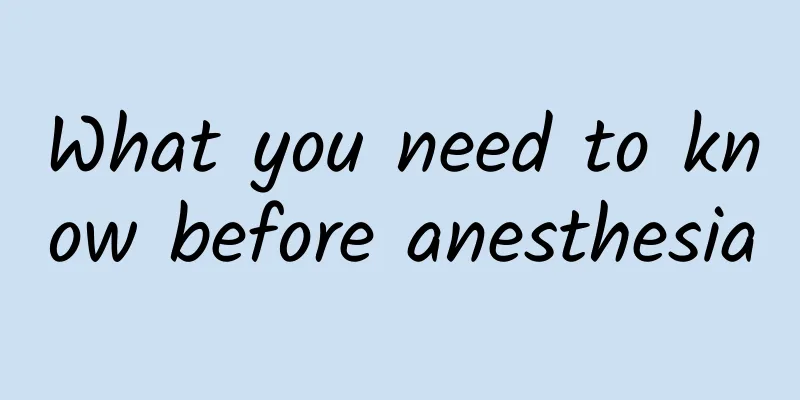What are the symptoms of breast disease?

|
Women must pay attention to breast health and do a good job of protecting their breasts in all aspects. For example, they must learn to adjust their emotions. If a woman's mood easily becomes bad, such as being in a state of tension and anxiety, this emotional factor will lead to breast diseases. There are many types of breast diseases, such as mastitis, breast hyperplasia, and breast lumps, etc. The symptoms of different breast diseases are also different. Symptoms of breast disease: Breast disease is a common and frequently occurring disease that causes great pain to women. It can cause harm to women's physical and mental health. Breast disease is divided into five categories: mastitis, breast hyperplasia, breast fibroids, breast cysts, and breast cancer. The causative factors are relatively complex, but the symptoms are generally similar. So what are the main symptoms of breast disease? Patients with breast diseases generally experience breast pain, which may be severe and tender to the touch, and is seen in simple breast hyperplasia and cystic hyperplasia. Breast cancer patients will experience mild pain, or needle-like pain in the lesion, which may be intermittent; breast lumps, the location of the lumps is not unique, and the severity of the disease is judged based on the location of the lumps, growth rate and size, whether the boundary surface is smooth, whether it is adhered to the surrounding area, and whether there is tenderness; nipple discharge, the discharged fluid may be milky, serous, watery or bloody; localized thickening of the mammary gland, it may exist for a long time, and the range of hyperplasia continues to expand, but it has nothing to do with changes in the menstrual cycle. The causes of breast diseases are complex and varied. Women with early menarche and late menopause are much more likely to develop breast diseases than normal women; marriage and childbearing: if women get pregnant after the age of 30, it will also be detrimental to breast diseases, as childbearing has a protective effect on the breast; ionizing radiation: the breast is a tissue that is more sensitive to the carcinogenic activity of ionizing radiation. If exposed to ionizing radiation for a long time, it is very likely to develop breast diseases; related to genetic factors; bad eating habits and lifestyle: as living standards continue to improve, people's diets have also changed. Most diets are based mainly on meat and seafood products, which results in an acidic constitution. In addition, due to various reasons, most people nowadays lack exercise and have little exposure to sunlight, and the excess acidic waste in the body cannot be discharged in time. If it stays for a long time, it will cause breast disease. The treatment of breast diseases should be based on their specific causes in order to achieve better results. |
<<: How to check for breast disease?
>>: What foods should not be eaten by people with breast diseases?
Recommend
Is hcg2000 more than ectopic pregnancy
Whether it is an ectopic pregnancy or not, it is ...
Is it accurate to determine the gender of a baby by the pH value of a pregnant woman?
Pregnant women are always very curious about whet...
How soon after giving birth can a woman start exercising?
Today's pregnant women are the top priority o...
Blastocyst transfer due date calculator
Pregnancy (or pregnancy, pregnancy) refers to the...
What does breast grade 4c mean?
Beautiful breasts are a sign of a beautiful woman...
How much do you know about gynecological examinations?
With the high incidence of gynecological diseases...
What should I do if my leucorrhea is yellow-green and has no odor?
When talking about health, people think more abou...
Can pregnant women drink red dates and wolfberry water?
As we all know, women must pay close attention to...
Is uterine curettage necessary if the uterine cavity is separated by 4mm?
Every newly married couple does not want to becom...
What happens if my menstrual flow is heavy and lasts long?
Everyone's physical condition is different, s...
No menstruation during breastfeeding for one and a half years
The level of secretion hormone in women's bod...
Is it harmful to take birth control pills 5 times a month?
Taking birth control pills actually inhibits or c...
How to remove pregnancy spots on face
Pregnancy spots are more familiar to female frien...
Hysterosalpingography has a clearing effect
Angiography may have a certain unblocking effect ...









